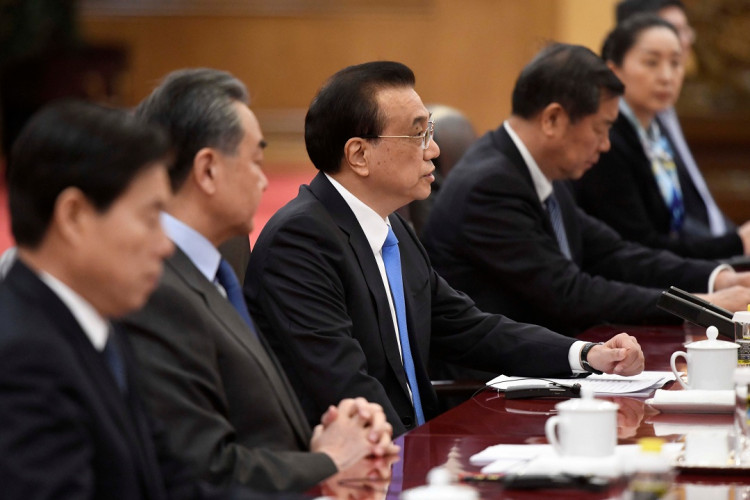In an effort to reduce the financial burdens on Chinese citizens and businesses, China's State Council has announced new measures to drastically reduce government fees and operating service charges throughout the country. The council announced its decision at the recently held council executive meeting presided by Premier Li Keqiang.
Part of the new measures to cut down on government fees will be an immediate reduction on all real estate registrations in China starting in July of this year. The country's patent offices will also soon be reducing their fees for certain patent and trademark applications. Fees pertaining to the trademark extensions will be cut in half from around US$150 to US$75. Cancellation charges for the certification of citizens' personal ID information will also be reduced.
To further ease the process of acquiring travel documents, charges related to acquiring passports as well as exit and entry documents will soon be reduced. The application fees for companies and institutions wanting to use various radio frequencies throughout the country will also be reduced. Registration fees for different types of properties such as parking spaces will be reduced by as much as 80 percent.
Airlines will also be getting a big cut in their government fee spending through a drastic reduction in their mandatory payments to the Civil Aviation Development Fund. Similarly, all related charges to national cultural programs by different companies and institutions will be reduced by half until 2024.
The State Council had also decided to allocate some funds towards the nationwide reduction in mobile internet service charges and broadband rates. It was announced that US$27 billion will be allocated for these measures, which is aimed at small and medium-sized business throughout the country.
Other fee reduction measures include massive cuts on average electricity prices for industrial and commercial applications. To further invigorate the country's export and import industry, the State Council has decided to implement fee reductions across all rail freight transports and merge port charges.
During the meeting, several measures were also discussed to cut down on specific tax rates. Tax rates for food and medicine will be reduced from 15 percent to 13 percent, while rates for textiles and appliances will be brought down from 25 percent to 20 percent.
All in all, the various government fee reductions should save companies and citizens more than US$45 billion for this year alone. According to the Premier, the tax and free cuts should significantly reduce the economic pressures for the entire country. This should, in turn, boost the country's industrial development by greatly easing their financial burdens.






